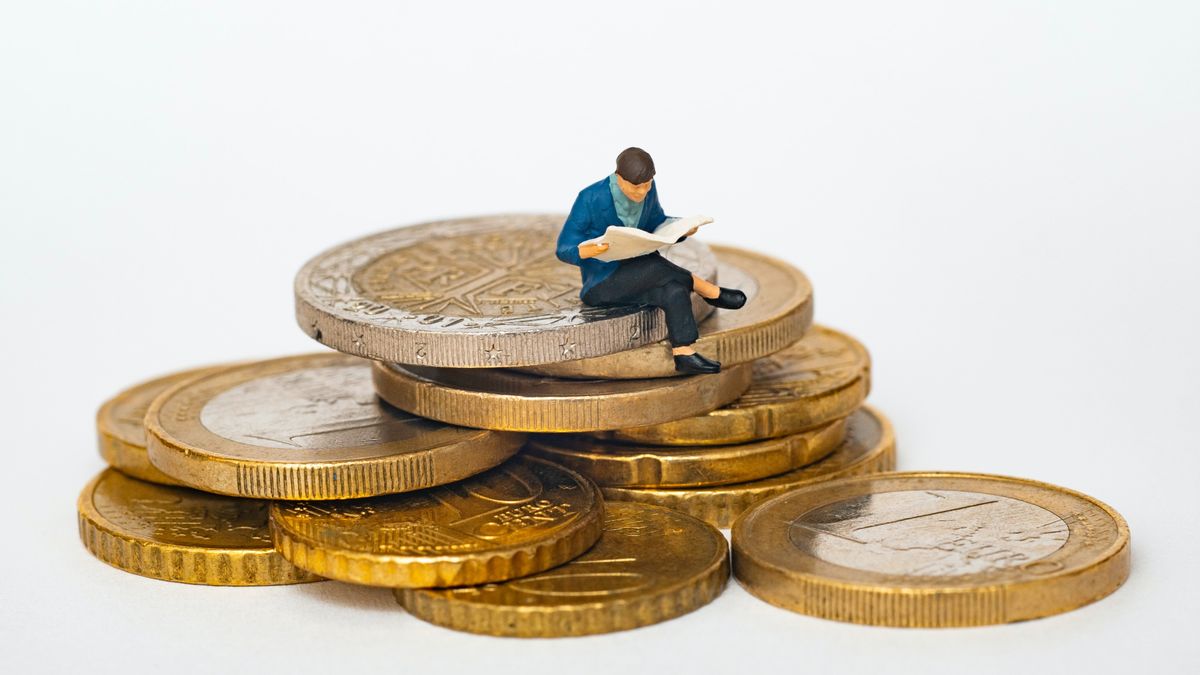YOGYAKARTA - Do you know what a devaluation is? Usually, devaluation is one of the government's methods to improve state finances.
Under certain conditions, the government is required to reduce the value of the currency in order to improve the economy and make the value of the currency strong, it is called a devaluation. To better understand it, see the following reviews.
When referring to the Big Indonesian Dictionary (KBBI), the evaluation is a decrease in the value of money intentionally to foreign or gold money so that the economy can improve.
Launching from the Economic book for Class XI High School/Madrasah Aliyah by Agus Mahfudz, Leni Permana, and Sri Nur Mulyani, the evaluation is an act by the government in reducing the value of the country's currency to the value of foreign currencies impromptuly and in quite high differences.
The evaluation could also be due to an official decrease in the values of the exchange rate over domestic currencies to foreign currencies.
This makes the price of goods in the country relatively more affordable abroad. But, on the other hand, the price of foreign goods in the country will be expensive.
This action allows a country in the short term to increase its exports and reduce imports. Because, the greater the level that is carried out, the better the competitiveness of the country concerned with other countries.
Devaluation Goals
There are 4 purposes for the evaluation that are generally carried out in order to strengthen the balance of foreign payments so that foreign currency exchange rates become more stable, namely:
Causes of Devaluation
Launching from the Corporate Finance Institute website, here are some of the causes of the devaluation.
The international trade deficit has made the government take a devaluation policy. This takes place because the import of goods is greater than exports.
Dengan dilakukan devaluasi, diharapkan neraca perdagangan jadi kembali seperti semula.
The trigger for the next devaluation is the lack of exports that can occur due to the high value of the state currency rather than foreign currencies.
By implementing the devaluation, the price of export goods becomes cheaper in foreign eyes, triggering export activities to increase.
The next trigger is high imports. Very high imports may occur because the quality of goods is better or cheaper.
With the devaluation, the price of imported goods is getting higher. This can encourage people to shift to domestic products so that imports will decrease.
A lot of debt can also trigger a devaluation. If the government has a state debt that blocks the economy, a devaluation can be done to reduce the value of the currency.
For example, the government is obliged to pay a 2 dollar debt every month as interest on its current debt. If the currency is evaluated in half, then interest payments are only 1 dollar.
The sluggish economy makes job opportunities decrease and can increase the number of unemployed in a country. The government can implement a devaluation to protect the country's economy.
Subtle devaluation is a devaluation resulting in depreciation of up to 5 percent per year. This devaluation barely affects the economy because its value does not exceed the fluctuation of the average exchange rate.
A moderate devaluation is a devaluation resulting in a depreciation of between 5-15 percent per year. This devaluation triggers exports as product prices in foreign currencies decrease.
A quick evaluation resulted in a depreciation of between 15-25 percent per year. This devaluation triggers exports, but domestic consumers are starting to feel a significant increase in import value.
Rapid depreciation can result in good results for several countries with positive trade balances. In this regard, the profit from the increase in exports covers losses from increasing the import budget.
The continuous devaluation has an impact on depreciation of more than 25 percent per year. This type of devaluation can disrupt the national economy and is one aspect of the economic crisis.
On the other hand, such situations can reduce the effective demand for imports, because imports become more expensive very quickly. Continuous evaluation also has a significant impact on the national banking system and evaluates business and personal savings in national currencies.
So after knowing what a devaluation is, look at other interesting news on VOI.ID, it's time to revolutionize news!
The English, Chinese, Japanese, Arabic, and French versions are automatically generated by the AI. So there may still be inaccuracies in translating, please always see Indonesian as our main language. (system supported by DigitalSiber.id)











